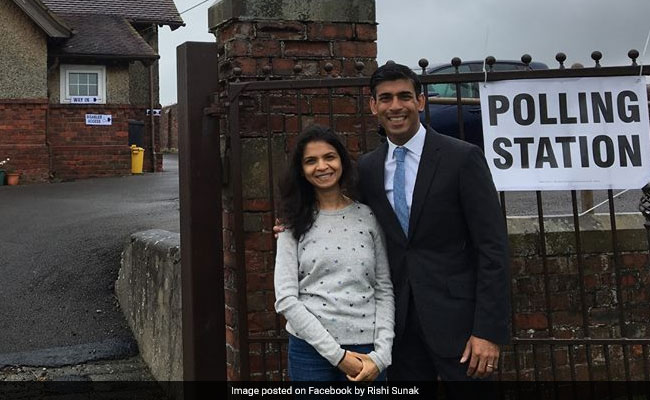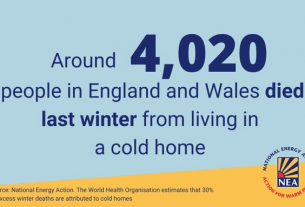The national insurance hike has kicked in at a time when the cost of living is at an all-time high, leaving workers and many businesses more vulnerable than ever. But the Prime Minister has called the NI rise “necessary, fair, and responsible”. The additional funds in government coffers are to boost the NHS, with the PM promising that the tax rise would “provide the health and care system with the long term funding it needs as we recover from the pandemic”. Opposition leader, Sir Keir Starmer, condemned the hike, saying it was “the wrong tax at the wrong time”, while the Lib Dem leader, Sir Ed Davey, said that the national insurance rise “puts all the burden on working people”.
The mitigating measures announced in Sunak’s Spring Statement will mean that overall anyone earning less than £35,000 will see their tax bill fall, while anyone on wages above £35k will pay more.
The national insurance rise in pounds and pennies
The 1.25 per cent NI rise on any earnings above the £9,880 taxation threshold means that someone on the minimum wage of £20,000 will now pay £89 more annually. An employee earning £27,000 will pay around £214 extra.
From April to July, even the workers with the lowest wages will pay more taxes. When the taxation threshold increases to £12,570 in July, low-income earners will begin to see their tax bills fall. High-income earners will then bear the brunt of the tax increases, while an estimated two million workers will no longer pay any direct tax on their income.
Overall, wage inflation will mean more money for the government from the health and social care levy taxes. But the wage bill for the NHS is increasing too, meaning the national health service is likely to have less money when tax changes and inflation are combined.
Only about ten per cent of the poorest households will pay less tax overall once all the tax changes have come into effect. Rising energy and food bills are likely to wipe out any tax savings. Although energy bills drop during the summer, many people on low incomes may have to choose whether to eat or to heat later in the year.
YouGov poll puts Sunak’s popularity at an all-time low
Amid the inflation crisis, Rishi Sunak’s net favourability plunged to minus 29 in the aftermath of his Spring Statement. For the first time, he’s lagging behind the Labour leader, Sir Keir Starmer whose net favourability is an equally dismal minus 25 according to a YouGov poll.
And it’s not just the public who are less than pleased with Sunak’s response to rising costs. According to Daily Business, Tory backbenchers want the Chancellor to do more to help hard-pressed families. Many of them considered Sunak’s Spring Statement as a failure when it comes to addressing spiralling food and energy costs. The national insurance hike is likely to push more people into poverty.
But Sunak responded to critics, saying that it was “impossible to fully protect people against” inflation:
“I have always been honest in that these are global challenges we are facing,” he said. “The hardest part of this job is not being able to do everything people would like me to do. I can’t make every problem go away. But where we can make a difference we want to.”
‘Non-dom’ status of Sunak’s wife goes down like a lead balloon
According to the Daily Mail, it emerged last night, that the Chancellor’s wife and daughter of an Indian billionaire, Akshata Murthy, has been claiming non-domiciled status even whilst living in Downing Street. This status has the potential to produce significant savings in taxes.
With an estimated worth of £3.5 billion, Murthy may have paid millions less in tax over the last few years thanks to her ‘non-dom’ status. For tax purposes, she is registered as non-domiciled which allows her to avoid paying taxes on money earned overseas.
A spokesperson for Mrs Murthy said in a statement:
“Akshata Murty is a citizen of India, the country of her birth and parent’s home.
“India does not allow its citizens to hold the citizenship of another country simultaneously.
“So, according to British law, Ms Murty is treated as non-domiciled for UK tax purposes.
“She has always and will continue to pay UK taxes on all her UK income.”
But, according to The Independent, Sunak’s wife claimed non-domiciled status even after he became Chancellor.
Tulip Siddiq, shadow economic secretary to the Treasury said: “The chancellor has imposed tax hike after tax hike on the British people.
“It is staggering that – at the same time – his family may have been benefitting from tax reduction schemes.
“Rishi Sunak must now urgently explain how much he and his family have saved on their own tax bill at the same time he was putting taxes up for millions of working families.”




